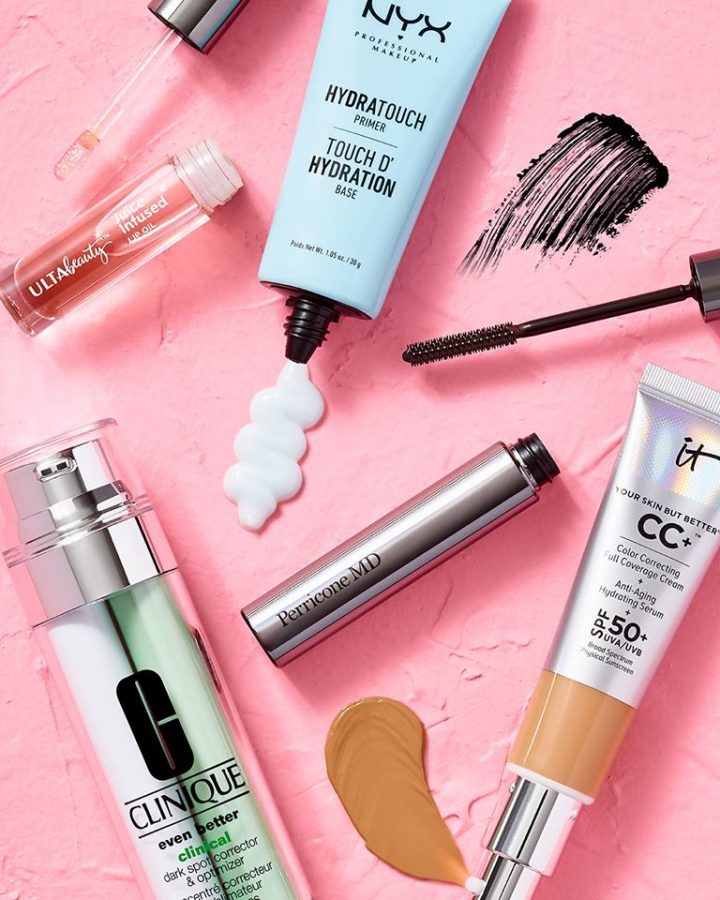According to an article in USA Today, the average American spends $1,497 on non-essential items a month, amounting to about $18,000 annually. What’s interesting is that this article describes non-essentials — restaurant meals, buying lunch, takeout, delivery, cable, music and TV subscriptions, gym memberships and more — as luxuries.
There are many things to be said about the preposterous idea that spending money on taking care of one’s appetite and physical wellbeing is a luxurious affair. But first, we must evaluate the very definition of “essential items.”
It’s safe to say that the answer is subjective to each American individual. For example, one study published by the Association for Psychological Science shows that money can indeed increase our happiness if it is spent in the right way. The research article explains how while an extroverted person might find joy in eating out with friends and going to bars on the weekends, an introverted person would probably prefer spending that money at a bookstore. Buying meals and drinks, or knick-knacks and books is not exactly necessary, but it can improve life satisfaction for these respective personality types.
An introverted person can also find happiness in watching television shows and movies on platforms like Netflix, Hulu and Disney Plus. Similarly, a fitness-focused person could find purpose in leading a healthy lifestyle that includes going to the gym daily and buying all-organic products.
Does the person who wrote this article think that people should be fulfilled by merely living a mundane routine that consists merely of working, eating at home and staring at the dry wall until it’s time to sleep and repeat? What does this person even do in their spare time?
In case that ignorant idea alone wasn’t enough, the author made sure to include a gallery of photos alongside the article to really drive their point home. Featured in it are a little boy eating pizza, a kid getting a haircut, someone getting coffee, a Lyft driver talking on the phone and people on a treadmill. All of these activities are normal, yet the author seems to shame them as if safe transportation and getting oneself a hot mocha in the morning are grave sins.
What the author of this article deems irresponsible — spending outside of what is absolutely necessary — is in my opinion what provides most Americans mental stability and contentment. It is absurd to think that what increases the quality of life doesn’t matter. We are all here for a limited amount of time and we should be able to do what makes us happy. Living the austere life that this article suggests – cutting off anything that makes one look forward to their day – would make most people miserable.
Though the article was posted nearly nine months ago, the belief that money spent on entertainment and pleasure is money wasted still hangs around. I personally think that if it’s your money, you can do what you want with it. Most adults acknowledge that paying their rent and bills always comes before going to see the new Marvel movie. What comes next is entirely up to you and your budget.
Just as we support minimalists and people who don’t need a lot to be satisfied, we should support those who need weekly Sunday brunches with their mothers or monthly city outings to remind themselves that there’s more to life than what lies within their small suburban towns.
I’m not denying that there is such a thing as overspending. People should be adequately self-aware to recognize that setting aside retirement funds is more important than consistently indulging in fine Italian cuisine or buying eye-catching attire.
Setting priorities and learning how to save money is important, but treating yourself to things that make you happy is also important. After all, it is your own hard-earned money. There is nothing non-essential about doing what brings you joy.
Gabby Campos is a Collegian columnist and can be reached at [email protected].



















